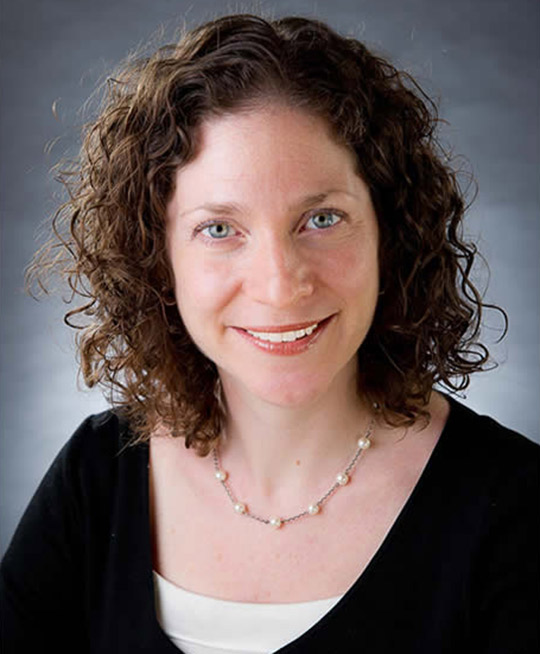Three years ago, Kimberly Noble, Associate Professor of Neuroscience & Education, made international headlines with a study that found that in children ages three and older, higher parental education and family income were associated with higher surface area of numerous brain regions, including those implicated in language and executive functions.
The study didn’t show whether income level actually has a causative effect on brain development – but that was the strong implication. Noble even took public issue with then-presidential candidate Benjamin Carson when he blamed “the mindset” of people living in poverty.

GENERATING A NEW CONVERSATION Noble hopes that follow-on studies through adulthood, a la the famed Perry Preschool study, could make society think differently about combating poverty.
Now Noble and colleagues at the University of California-Irvine, the University of Wisconsin-Madison and New York University are set to test that notion by giving monthly cash supplements to 1,000 low-income mothers, randomly selected following the arrival of their newborns in maternity wards in four U.S. cities.
Half the 1,000 participants will receive a monthly debit card gift of $333 – at just short of $4,000 annually, similar to federal and state social service benefits extended to families living below the poverty line.
The remainder will receive a $20 monthly debit card gift.
Family life will be measured in 12-month intervals at ages one and two. The researchers will comprehensively test the children’s cognitive and brain development when they reach 36 months.
“Kim’s project could change the course of education and social policy – and improve the lives of countless lower-income students and families.”
— TC President Susan Fuhrman
“We think it has the potential to be a landmark study,” says Noble, who heads TC’s Neurocognition, Early Experience & Development (NEED) Lab.
“Kim’s project could change the course of education and social policy – and improve the lives of countless lower-income students and families,” adds TC President Susan Fuhrman.
The study, to be conducted at medical centers in or near New York City, New Orleans, Omaha and Minneapolis-St. Paul, may be the first large-scale research project to assess the impact of cash gifts made to participants with no rules or guidelines about how the money is to be used. Researchers will monitor purchases and factor spending habits into their ultimate conclusions. However, a similarly structured year-long pilot study of 30 low-income mothers in New York City, conducted in 2015, found only three instances of the mothers using their cash gifts at liquor stores, suggesting that increased disposable income will be used to improve child care.
Supported by $15 million in public and privately-funded grants, including a $7.8 million grant from the Eunice Kennedy Shriver National Institute of Child Health & Human Development, the new study – “Baby’s First Years” – is on target for an April launch.
The roster of co-Principal investigators on the study includes Greg Duncan, Distinguished Professor of Education at UC-Irvine, Katherine Magnuson, Professor of Social Work at the University of Wisconsin-Madison and Professors Lisa Gennetian and Hirokazu Yoshikawa with the New York University Steinhardt School of Culture, Education & Human Development.
Noble has received multiple honors for her work, including the Janet Taylor Spence Award for Transformative Early Career Contributions from the Association for Psychological Science, and was also named an APS “Rising Star.” Noble envisions the new study “generating a conversation about children and their brains” that carries the potential to re-shape policy on tax credits, food stamps, housing vouchers, paid family leave, and other social issues.
Looking ahead, she hopes the findings will spur foundation or governmental grants to fund the “Baby’s First Years” study through adolescence and into adulthood, much like the Perry Preschool and Abecedarian Project longitudinal studies on the learning, social and career development outcomes stemming from quality pre-kindergarten. – Steve Giegerich